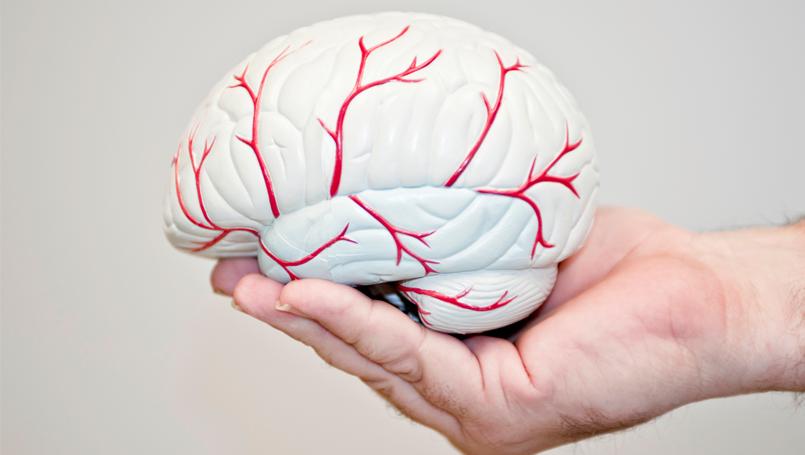What You Should Know About Stroke Prevention?
A stroke happens when a blood vessel that transports oxygen and nutrients to the brain either becomes obstructed by a clot (ischemic stroke) or breaks (hemorrhagic stroke). When this occurs, a portion of the brain is deprived of the necessary blood and oxygen, resulting in the death of brain tissue and brain cells. There are a number of conditions and lifestyle choices that increase your chances of having a stroke, including:
- Heart disease
- High blood pressure
- Being overweight
- Smoking or chewing tobacco
- Age
- Diabetes
- Family history
While several of these risk factors are unavoidable, some may be decreased or even eliminated by making lifestyle adjustments and visiting the doctor on a regular basis.
What Are the Effects of a Stroke?
The effects of a stroke are mostly determined by the location of the blockage and the extent to which brain tissue is impacted. Furthermore, because one side of the brain controls the opposite side of the body, a stroke on one side will result in neurological issues on the other side. The following are the effects and complications of a stroke:
- Issues with vision
- Speech/language issues (aphasia)
- Personality and behavioral changes
- One or both sides of the body are paralyzed.
- Chronic post-stroke fatigue
- Memory loss
Depending on the portion of the body or the kind of ability damaged by your stroke, there are many techniques for stroke rehabilitation. Stroke rehabilitation can begin as soon as 24 to 48 hours after the stroke since the sooner you begin, the more likely you are to restore lost abilities and skills. Depending on the severity of the stroke, physical, cognitive, and emotional therapy may be necessary for months or years following the event.
How Can You Stop a Second Stroke?
One in every four stroke survivors gets another, but you can lower your chances by working with your doctor to establish a secondary prevention strategy. As long as you follow your strategy, there are numerous methods to prevent a second stroke simply by changing your lifestyle. Consult your doctor about doing the following steps:
- Quit smoking – This increases your chances of having another stroke.
- Increase your physical activity level – People who exercise five or more times per week have a lower chance of having a stroke. Each week, aim for two days of muscle-strengthening exercises and three days of moderate-intensity activity.
- Follow Your Medications – Don’t slack off or skip doses if your doctor has recommended medication to help you regulate your cholesterol, blood pressure, or diabetes.
- Consume a Healthy Diet – Diets high in fruits, vegetables, and whole grains and low in processed foods have consistently been linked to lower stroke risks. Furthermore, lowering your salt and alcohol intake will aid in the management of high blood pressure.
Stroke Treatment at Denovo Healthcare
Denovo Health Care is establishing the standard for therapies to cure strokes, and our specialist is regarded as one of the Best Neurologists In Pune. Book an appointment with the Best Neurological Hospital In Pune right away.

